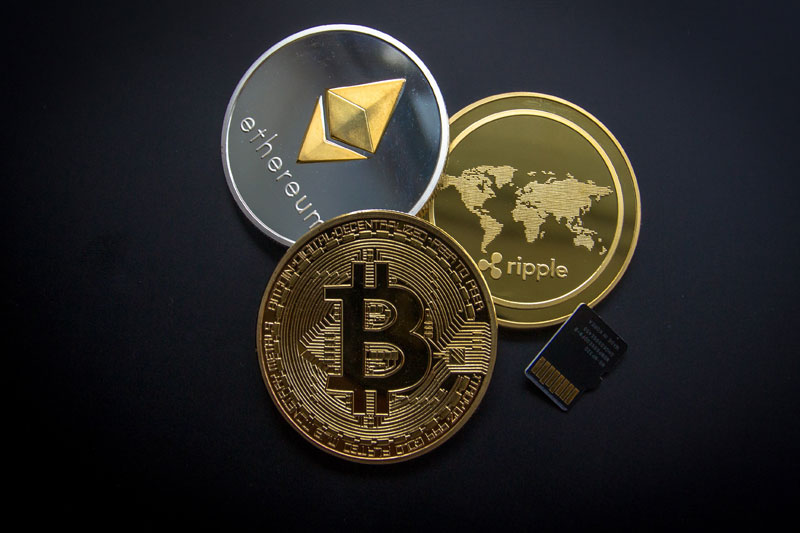Marc Andreessen: OpenAI is ‘security equivalent of swiss cheese’ and a tempting target for China
Is the creation of artificial general intelligence akin to the development of the atomic bomb? And if so, how can America protect itself against ascendent rivals? Silicon Valley venture capitalist Marc Andreessen, for one, is worried.
The Manhattan Project helped usher in the era of Cold War superpowers in part because Soviet spies infiltrated Los Alamos, stealing secrets that helped it quickly amass its own nuclear arsenal as a strategic deterrent. Decades later, the United States may find itself locked in a new arms race, this time with China over the transformational technology of AGI.
When viewed through this prism, Andreessen argues that American AI labs are the “security equivalent of swiss cheese” where secrets could easily be passed on to Beijing via a modern-day Rosenberg couple.
“The conclusion is obvious: OpenAI must be immediately nationalized,” the co-founder and general partner of Andreessen Horowitz wrote in a battle of words with fellow VC luminary Vinod Khosla, one of OpenAI’s earliest investors.
Andreessen’s suggestion that the breakthrough startup behind ChatGPT and Sora—as well as others like it—could prove a tempting target for Beijing’s spy network found credence. Elon Musk, for example, chimed in that “it would certainly be easy for a state actor to steal their IP.”
It would certainly be easy for a state actor to steal their IP
— Elon Musk (@elonmusk) March 3, 2024
Khosla had earlier defended OpenAI’s decision to publish less and less of its research amid its controversial transformation from non-profit to a commercial entity backed by Microsoft. The company is now being sued by Musk over breaching its founding agreement.
‘AI authoritarians’
Andreessen, who has declared a “fondness” for libertarianism, clarified he doesn’t actually want government to intervene. The statement largely was meant to point out the folly of OpenAI’s newfound love of closed source development in today’s rapidly innovating AGI sector—and to call out people like Khosla as “AI authoritarians”.
Who controls generative AI has become the focus of an increasingly strident debate amid a goldrush that has pushed the valuation of AI chip company Nvidia to $2 trillion. Musk initially helped found and finance OpenAI in December 2015 as a response to Google, the embodiment of a dominant closed-source AI company.
Google has since fallen behind and no longer threatens to dominate the commercial market for AI. Indeed its Bard AI tool, now called Gemini, sparked controversy over “unacceptable” instances of reverse racism in its algorithmic biases. It also created a political row with India after it cited experts as characterizing the policies of Prime Minister Narendra Modi as “fascist”.
Andreessen pointed out the government in Delhi has now stipulated any companies seeking to deploy AI and Gen AI must obtain prior approval from the country’s IT ministry.


